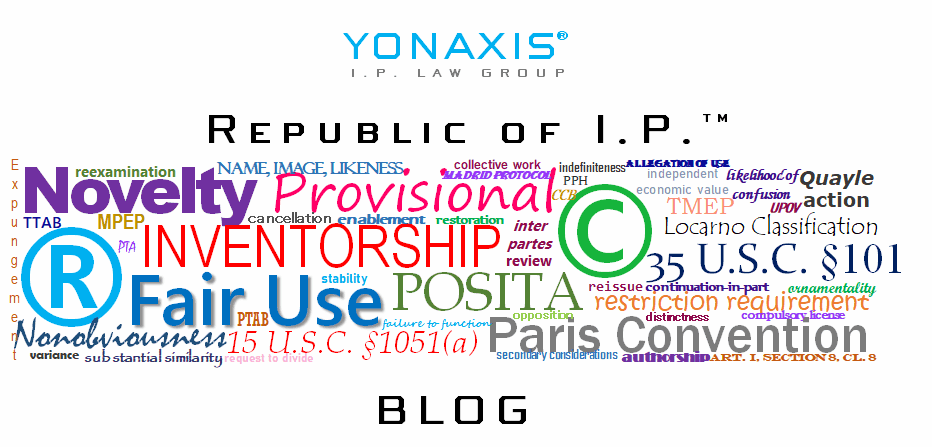On May 23, 2022, the U.S. Patent and Trademark Office updated its exam guideline for examining generic marks, Examination Guide 1-22. The guideline clarifies that the establishment of a prima facie case of generic marks will be based on the reasonable basis standard, which is the same standard used for other substantive refusals of trademark applications. The reasonable basis standard states that there must be sufficient evidence to support a “reasonable predicate” for finding a mark as generic. This is a change from the previous standard, clear evidence standard, which is the standard used by the U.S. Court of Appeals for the Federal Circuit, which has jurisdiction over decisions by the USPTO.
Generic marks are not registrable as trademarks, and are defined as those terms which the general public may perceive as common to a particular good or service (T.M.E.P. 1209.01(c)). The U.S. Supreme Court’s recent ruling in USPTO v. Bookings.com B.V., held that if evidence demonstrates that an otherwise generic marks could become descriptive through acquired distinctiveness, enough for the mark to properly indicate source.
For more information on generic marks, and trademark distinctiveness, please contact Yonaxis I.P. Law Group.
